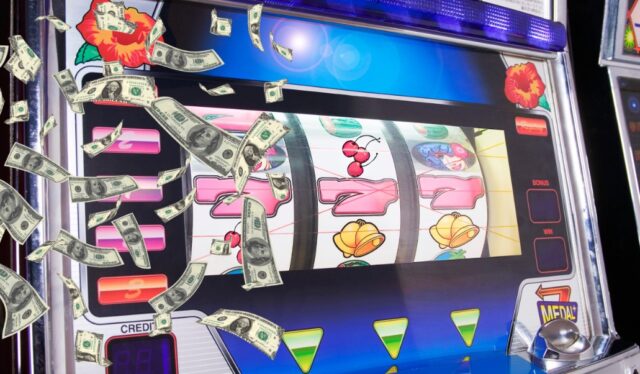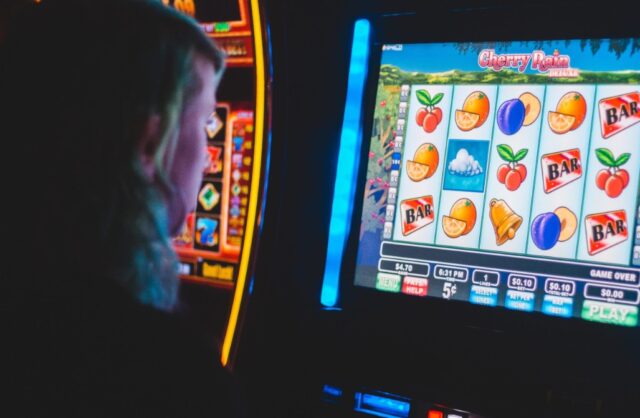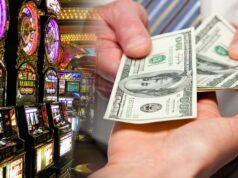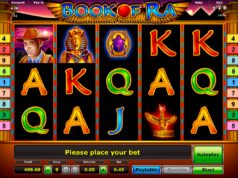
Return to Player (RTP) is a crucial term in the world of slot machines. RTP represents the percentage of wagered money that a slot machine is expected to pay back to players over time.
For instance, if a slot machine has an RTP of 95%, it means that, on average, for every $100 wagered, players can expect to get $95 back. RTP is an essential factor for both players and casinos, as it determines the odds and profitability of this game.
Understanding RNG in Slot Machines
To comprehend the fairness of slot machines, such as situs judi slot terpercaya, we must first delve into the Random Number Generator (RNG) technology that powers them. RNG is the heart of any of these machines, ensuring that the game’s outcomes are entirely random.
It functions by generating thousands of random numbers per second, corresponding to different symbol combinations on the reels. When a player hits the spin button, the RNG stops on a particular number, determining the symbols displayed on the screen.
Examining Slot Machine Fairness
The fairness of slot machines relies on the integrity of the RNG. It’s crucial to understand that the outcomes of each spin are independent and unrelated to previous or future spins. This means that winning or losing in a game is a matter of luck, and there is no way to predict or influence the results.
Casinos are bound by strict regulations to ensure the fairness of their slot machines. Regulatory authorities, such as the Nevada Gaming Control Board, conduct rigorous testing and certification processes to ensure that the RNG in each machine operates as it should.

Common Misconceptions About RTP
Several misconceptions about RTP need clarification. One common fallacy is that casinos can easily adjust the RTP of a machine to manipulate the outcomes. In reality, reputable casinos cannot alter the RTP of a machine on the fly. RTP is typically programmed into the game’s software and cannot be changed without extensive regulatory approval.
Another misconception is that a slot machine becomes “due” for a win after a series of losses. This belief is known as the “gambler’s fallacy“. However, each spin is entirely independent, and past results do not affect future outcomes.
How to Verify RTP in Slot Machines
To verify the RTP of a slot machine, you can check the game’s information and paytable, which is usually accessible within the game interface. Online casinos are required to provide this information to players.
Alternatively, you can consult independent auditing firms, such as eCOGRA, which regularly test and certify the fairness of online games.
Are Slot Machines Rigged?
The question of whether slot machines are rigged is a common concern among players. It’s important to distinguish between legitimate casinos and illegal or unregulated establishments.
Reputable casinos, whether land-based or online, are heavily regulated and subject to strict oversight. These establishments have no incentive to rig their machines, as their profits are generated through the house edge, which is already in their favor.

RTP in Slots – Random or Rigged?
In conclusion, the fairness of slot machines hinges on the use of Random Number Generators (RNG) and strict regulations imposed on casinos. RTP, as a percentage representing the expected return to players, is a transparent indicator of these machines performance.
While misconceptions about RTP and rigged machines persist, understanding the role of RNG and choosing reputable casinos can help players make informed decisions.







